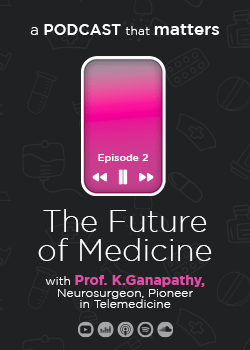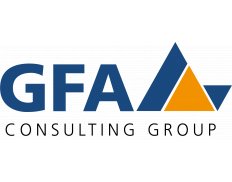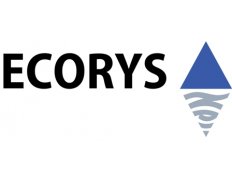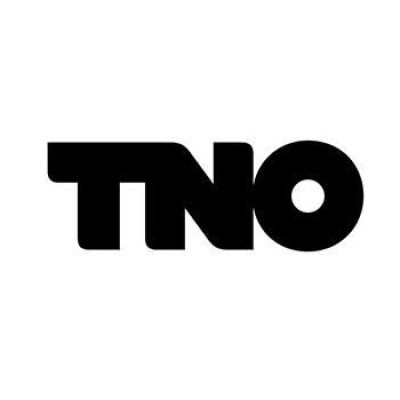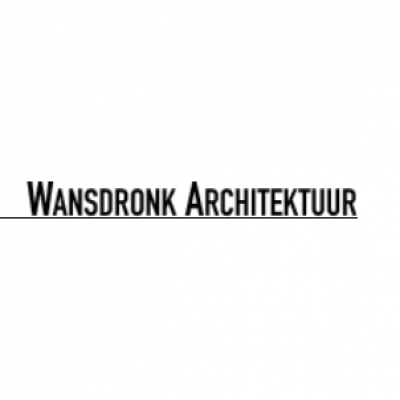
A Dutch SME is looking for partners to work on LIFE-2024-CET-OSS
Details
Description
Wansdronk is a Dutch SME developing a solar energy, low exergy and zero emission building concept, with an integrated seasonal storage system, without energy losses, supplying indoor heating and hot tap water. Construction works are local to save material transport costs, and, consequently, zero emission building construction works require consecutive and repeating local learn to deliver processes, with and by local communities, transforming into green transition change makers.
One-Stop-Shops - Integrated services for clean energy transition in buildings and businesses
TOPIC ID: LIFE-2024-CET-OSS
Topic description
Objective:
As highlighted in the "Renovation Wave" initiative of the European Green Deal and in the REPowerEU Plan, there is pressing need to increase the number of ambitious building renovations across the EU and to better integrate the switch to efficient renewable-based heating and cooling as an integral part of building renovations. Businesses are one of the key contributors to the clean energy transition. However, many homeowners, building owners or small businesses lack the skills and capacity to set-up, implement and finance complex and ambitious clean energy transition projects. In addition, many project developers face high implementation costs, given the relatively small size of the investments and the lack of turnkey solutions, and have limited access to adequate and attractive financing solutions on the market.
This topic aims at supporting the creation or replication of One-Stop-Shops, proposing integrated services for clean energy transition in buildings and businesses.
Proposals submitted under this topic (depending on the specific scope) are expected to tackle, but are not limited to, the following aspects:
- Improve market conditions and develop integrated building renovation service offers to:
- Reduce complexity, simplify decision making and stimulate demand for investment in energy performance improvements and decarbonisation.
- Connect all relevant actors in the value chain (e.g. construction companies, architects, engineers, urban planners, financers, etc.).
- Streamline access to various support measures, especially where there is support for specific target groups (e.g. energy poor households).
- Improve awareness and trust towards such integrated services, through clear accountability, quality assurance and/or dedicated consumer protection policies.
- Develop a robust pipeline of investments in building renovations, able to increase interest and participation from financial institutions and exploit synergies on the market, for instance via the development of dedicated financial products for building renovations mediated by One-Stop-Shops.
- Provide methods and support:
- Implemented, operationalise and test integrated services.
- Build expertise and organisational innovations needed for project development.
- Reduce costs and time on-site through standardised approaches (e.g. optimised business processes, standardised contractual arrangements, branding of the proposed services, district approaches, etc.).
Ensure cost effectiveness and price transparency of services provided to final beneficiaries.
- Aim at a self-sustained business model taking into account that:
- Integration of services can be developed through dedicated operators and/or through an improved co-ordination between existing local actors.
- The prospect of economically viable business models is expected, targeting self-sustainability in the medium to long term, i.e. ultimately running without subsidies to cover running costs.
- Communicate results:
- Disseminate innovative solutions (e.g. organisational and contractual), suited to the targeted contexts.
- Help improve legal and regulatory environments. communicating project results to competent authorities and bodies.
- Demonstrate a high degree of replicability and include a clear action plan to communicate experiences and results towards potential replicators across the EU.
Proposals should be well integrated in their local and national context, making best use of what is locally available, notably in terms of local market conditions and public support schemes, and contribute to develop partnerships between local authorities and the relevant market players, in the construction, heating and cooling, and wider energy sectors. The targeted territories and/or sector should be clearly identified and justified, notably segmenting and quantifying the potential target users, and a first detailed concept of the services should be presented in the proposal.
Please, visit the following page to get more information regarding this call:https://www.developmentaid.org/grants/view/1290397/one-stop-shops-integrated-services-for-clean-energy-transition-in-buildings-and-businesses?useNavigation=true

